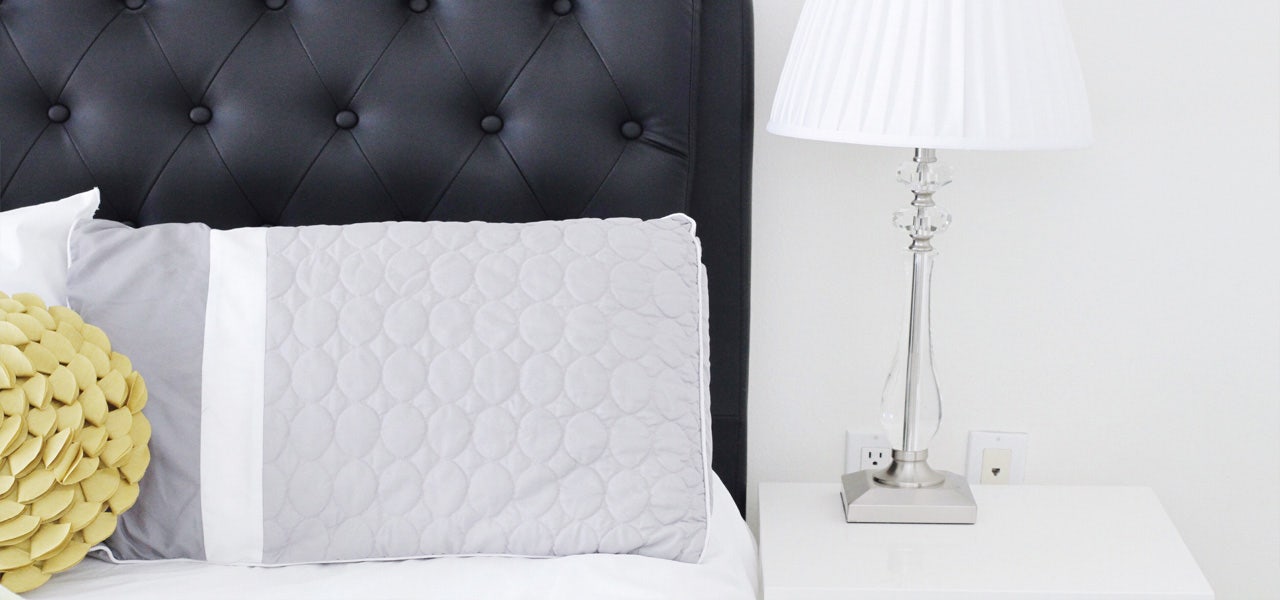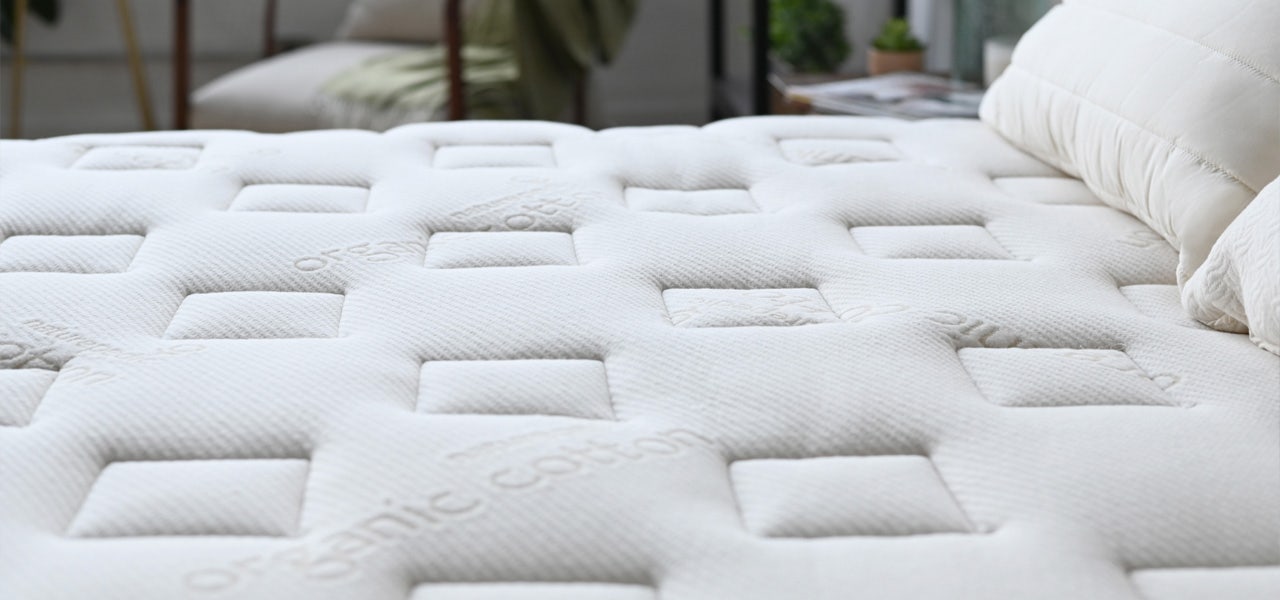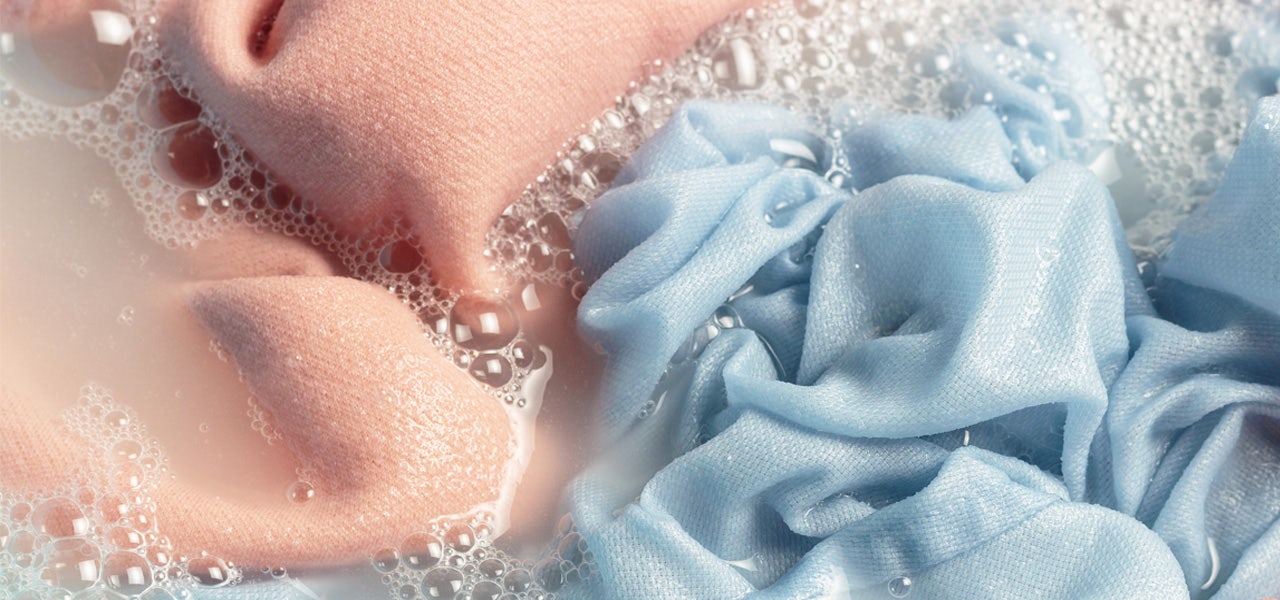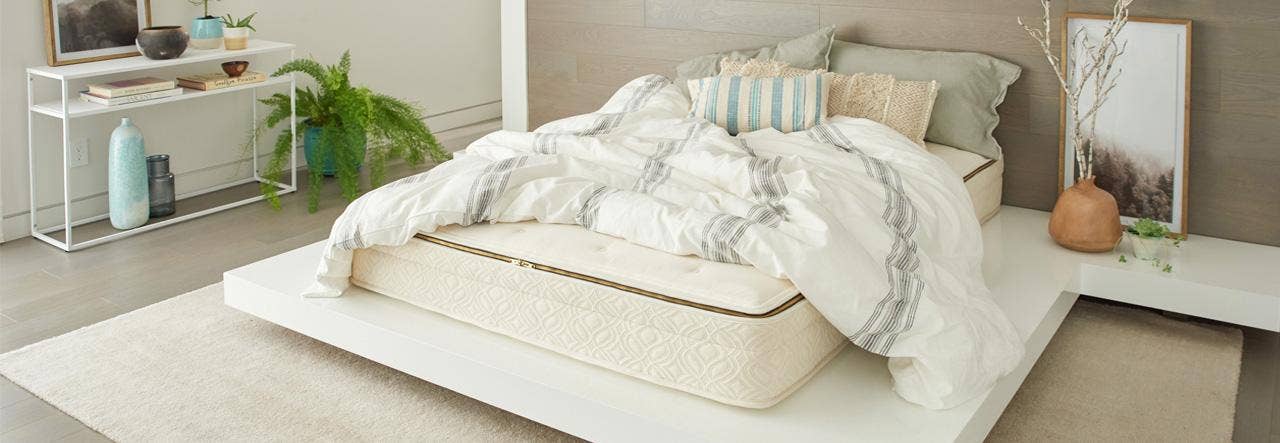Many thanks to Susan Inglis from the Sustainable Furnishings Council for sharing her knowledge and her commitment to sustainability as part of our Earth Day guest blog series. We support this organization and are sure you’ll find these tips helpful!
We vote with each dollar we spend, whether we realize it or not. What we choose to buy matters a great deal in our consumer-driven economy. Brands pay attention to what is selling and are more and more eager to get our feedback on what is important to us. Let’s take that as encouragement to be more pointed in making conscientious choices!
When COVID-19 sent us all home a couple of years ago, many of us became more aware of our most important environment. When we began to shop for a new sofa or desk or mattress, we asked more questions like, “What’s it made of?” and “Where was it made?” than we might have done before.
Families with someone who has a health condition that is exacerbated by poor indoor air quality have asked such questions for years, and that represents 4 in 10 families in the US, according to research by the Sustainable Furnishings Council. But these days more of us are aware that these are important questions to ask. More and more of us know that asking is important not only for our families’ health, but also for the health of the planet we all call home. Here are some tips to keep in mind when shopping.
Ask: What Is this Made of?


A full 80% of the environmental impact of any consumer product is in what it is made of. If it is made of environmentally safe ingredients, then at the end of its life, it has a chance of becoming good clean dirt that can nurture new life. If, on the other hand, it is made with harmful chemicals, there is a real chance it will become toxic waste at the end of its life.
Alarming as it sounds, there are tens of thousands of harmful chemicals used in the production of consumer products. Five of them are commonly used in furnishings:
- Volatile organic compounds like formaldehyde
- Flame retardants
- PFAS – the highly fluorinated chemicals used in stain treatments
- Anti-microbials
- PVC or vinyl
Each of these classes of chemicals is persistent in the environment – that is, lasts a LONG time, and is linked directly to harm to human health and other life on our planet. Avoid them when you can. They are common; you will find them in many products already in your home. But if you start now to avoid them, then you are beginning to reduce your exposure, and sending a signal to manufacturers that you would rather not have them.
Find Safer Alternatives


That signal is key to encouraging manufacturers to find safer alternatives. Often those alternatives are an “old-fashioned” solution: a natural material rather than a synthetic, for instance. In furnishings we have lots of good options in natural materials.
Your sofa, armchairs, and mattress might contain a large number of petroleum-based materials, like synthetic fabrics and polyurethane foam. Or, they might contain natural materials like organic cotton, linen, and wool.
In general, natural materials have a much smaller environmental footprint in their production. It is gentler on Mother Earth to cultivate a fiber – especially to cultivate organically – than to extract a material like oil from which to make a fiber. Often natural materials also reduce pollution by removing the need for more chemical inputs. For instance, since wool is naturally flame retardant, there is no need to add flame retardant chemicals.
Additional Sustainability Tips


There are other simple choices that can reduce our dependence on harmful chemicals that might be added to furnishings products. If we have washable fabrics on our furniture, such as a linen slipcover on a sofa, then we do not need to treat the sofa with chemical stain repellents; we can just wash off the spills. There is nothing better than soap and water to clean up a mess!
And, speaking of messes, did you know that what people throw “away” is now the planet’s most abundant natural resource? THAT is encouragement to choose recycled materials as often as possible. While plastic bottles that we use for water and sodas are made from oil, they can be re-made into fiber for fabric or for pillow stuffing. And when the fabric is durable and lasts a LONG time, then the point at which it is thrown “away” and risks becoming a pollutant is delayed, diluting that total environmental impact.
We will only begin to clean up the mess we have made of so many of our ecosystems by making best use of materials – and then also making best use of the product. So we should all shop carefully, choosing products we can keep for a long time, enjoying use without harm to our families or our Mother Earth.
Visit sustainablefurnishings.org to learn more, and to peruse the offerings of over 300 furnishings companies that have each made a commitment to sustainability, to transparency, and to continuous improvement. They are all deserving of your consideration because they can answer that most important question, “What’s it made of?”
 BABY
BABY  KIDS
KIDS  ADULT
ADULT  LEARN
LEARN  STORES
STORES 
